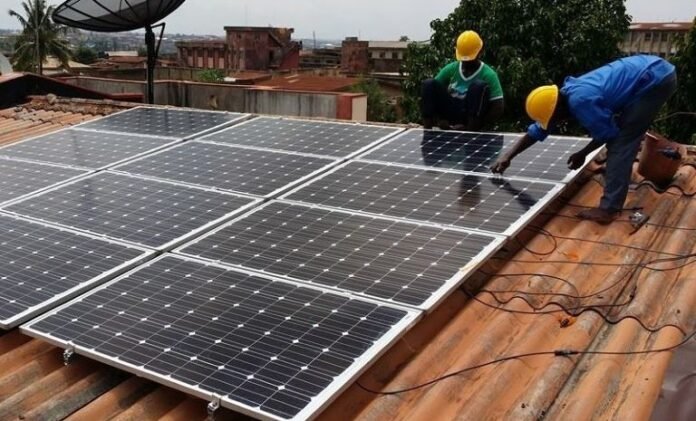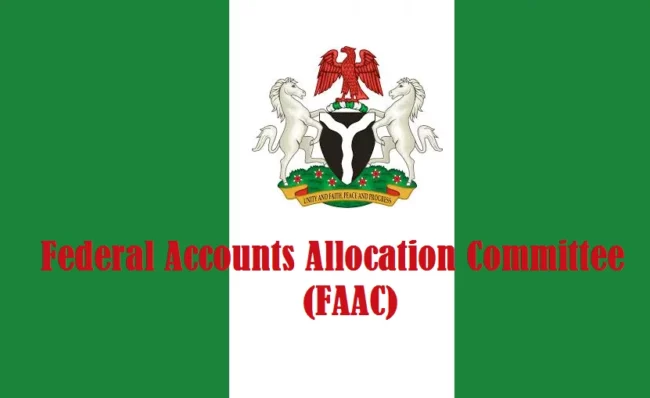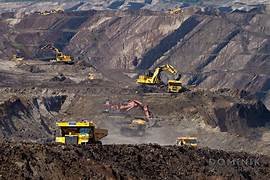A new PwC report has urged the Federal Government to rethink its planned ban on solar panel imports, warning it could backfire.
The policy, which aims to localise solar production and save forex, may disrupt Nigeria’s fragile energy access gains.
“Getting it wrong could leave millions in the dark,” PwC said in its report, “Rethinking Nigeria’s Proposed Solar Panel Import Policy.”
In 2023, Nigeria brought in over 4 million solar panels worth more than $200m. But local factories still lack the capacity to meet growing demand.
Slow Down to Scale Up
The report noted that an immediate import ban might do more harm than good.
“Rather than an instant restriction, Nigeria should adopt a three- to five-year phased reduction in solar panel imports,” PwC advised.
The Q1 2025 data already shows solar imports fell by 89%, from ₦237.3bn in Q4 2024 to ₦125.29bn.
PwC said the government’s ambition for energy security and jobs is valid, but urged a smarter route to success.
“A tiered strategy with import quotas, progressive tariffs, or blended procurement models would ensure supply continuity,” the firm recommended.
They added that such a plan would also attract long-term investors into a stable and predictable market.
Fix the Pipes, Train the People
Nigeria already offers incentives like VAT waivers, duty exemptions, and green finance—but they’re tangled in red tape.
“These incentives remain grossly underutilised due to fragmented applications and limited awareness,” PwC warned.
They called for a single-window system, renewable energy desks in ministries, and special industrial zones with shared infrastructure.
They also flagged a major blind spot—skilled labour.
“Manufacturing solar panels requires trained technicians, engineers, and quality assurance professionals,” PwC said.
The report urged government to partner with universities, polytechnics, and vocational centres to train young Nigerians.
Without these skills, Nigeria’s dream of local solar manufacturing may struggle before it starts.
Access, Standards, and Smart Partnerships
PwC also touched on the cost of solar energy and lack of financing, calling it a huge barrier for both producers and consumers.
They recommended long-term green loans from the Bank of Industry and CBN, alongside support for Pay-As-You-Go solar models.
The report also asked for stronger product standards, backed by strict enforcement by SON and NEMSA using global benchmarks.
“Solar manufacturing isn’t just about equipment. It’s about quality, people, and strong partnerships,” PwC stated.
They urged collaboration with the private sector, World Bank, AfDB, and civil society to create a unified clean energy plan.
Annual progress reports, feedback loops, and data transparency were also advised to keep everyone honest—and moving forward.
What’s your take? Should Nigeria slow down on solar restrictions or go full local now? Let others know your views in the comments.Rate, Like 👍, Comment💬, share this article, Follow us on our social media handles, and Submit your own story to get featured and earn rewards!







